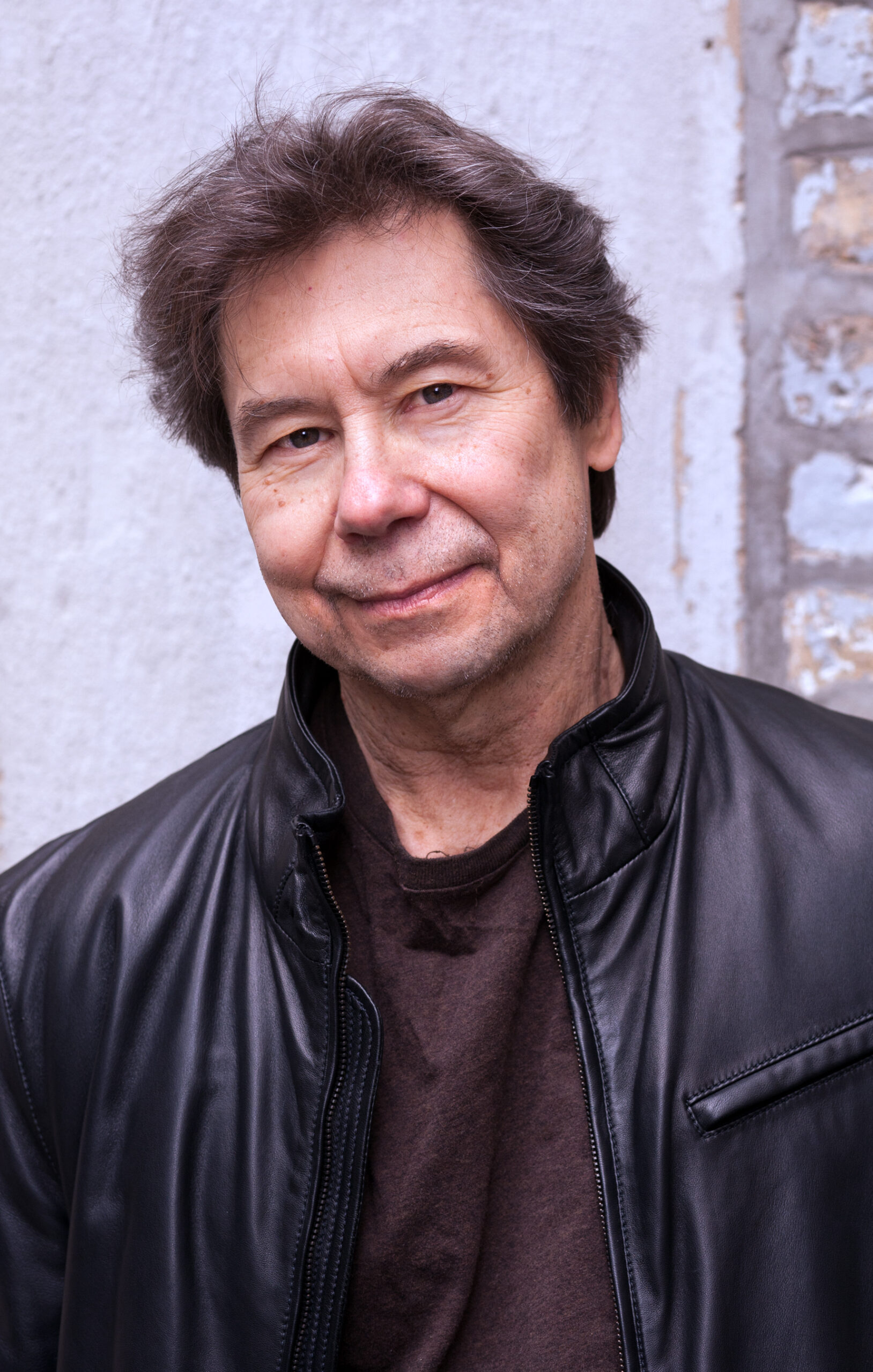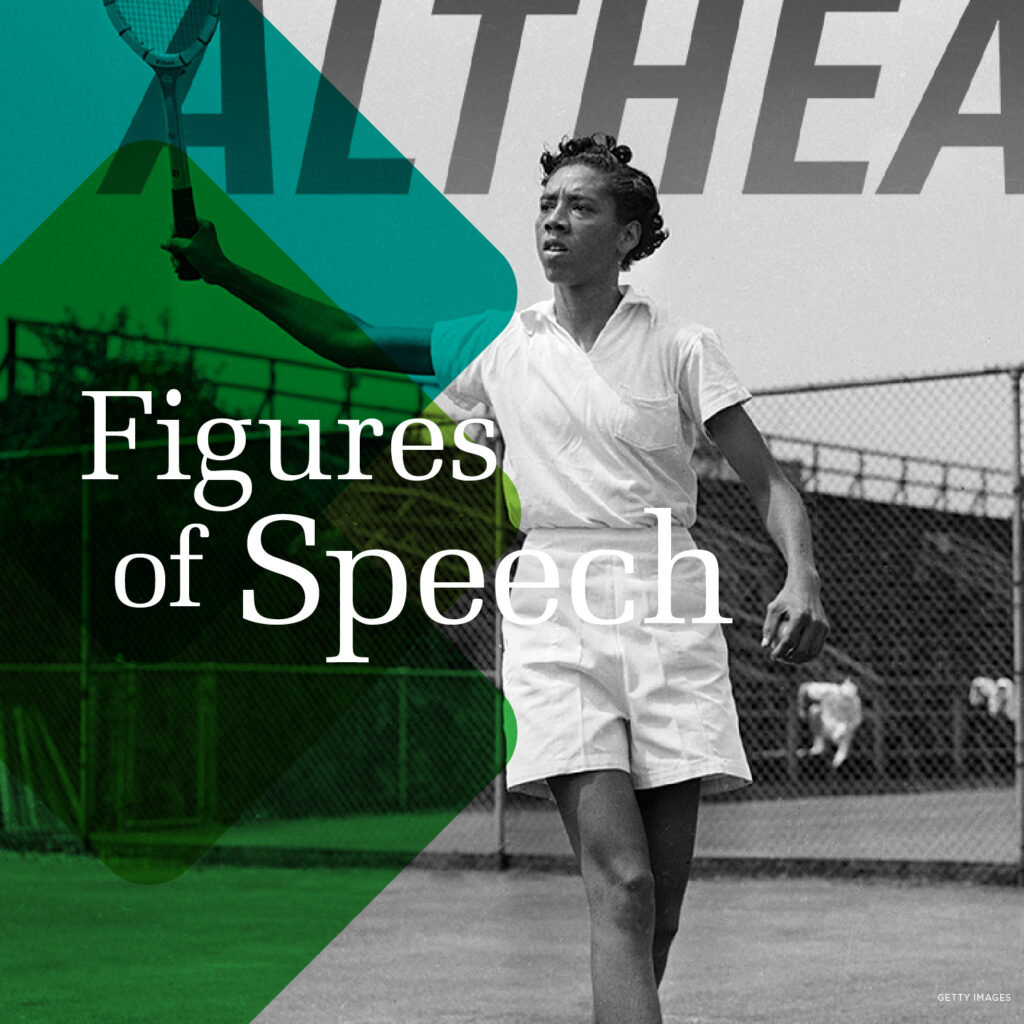Stuart Dybek on Chicago and the Short Story


Born and raised in the city’s Pilsen neighborhood, Dybek has always enjoyed writing but only realized that he could truly become a writer after attending the University of Iowa Writers Workshop.
Dybek has published five collections of short stories. His work can also be found in the Atlantic Monthly, The New Yorker, Harper’s and Ploughshares. Dybek has been awarded a Lannan Prize, a PEN/Malamud award, a Whiting Award, a Guggenheim fellowship, an O. Henry Award and a MacArthur Fellowship.
Dybek resides in Chicago, where he serves as the Distinguished Writer in Residence at Northwestern University and shares his wisdom regarding writing and Chicago with many a lucky student.
Tell us a bit about your career as a writer
Right now, I am a writer in residence at Northwestern University. One of the things literary writers are forced to do because of economic circumstances is teach. It’s hard to support yourself just on your writing, especially when you’re working in the mediums I do, which are short stories and poetry. I’m a natural teacher, though, so I enjoy the double life.
As for the writing…writing was something I did from the time I was a kid in grade school. A life changer for me was getting admitted to the University of Iowa Writers Workshop. I’d never met a writer until I was in my twenties, and the Workshop was in its heyday when I arrived. My office mate, for instance, was a guy named Tracy Kidder who would go on to win the Pulitzer Prize. A lot of writers [at the Workshop] who would later become famous were just young people at the start of publication when I met them. From that point on, writing became possible for me. Up to that point, writing was a dream, a secret ambition, and after attending the workshop, I knew writing was something I was going to do.
Chicago is a city of many identities, and every individual experiences it differently. Which identities have defined your Chicago experience?
Chicago is a writer’s city. When you think about Shelley, Keats, Byron and Dickens, they wrote about England. Every city has its writers, but Chicago has this long literary tradition which I wasn’t born knowing and came to learn.
I was born into an ethnic neighborhood called Pilsen. My father was a Polish immigrant. I came from a huge immigrant family where people spoke two languages. The neighborhood I grew up in was a Spanish-Slavic-language speaking place. Pilsen would become central, along with my family, to what I would end up writing about.
When I first started writing, I wanted to copy the writers I liked at the time. I thought I’d have to travel and have adventures in exotic places. It turned out that Pilsen, which would later become known as “the barrio,” is about as exotic as it gets.
In what ways have your identities influenced the way you write about Chicago?
I don’t want to give the impression that I had some kind of master plan or blueprint [to my writing]. Today, I get the impression that people go to universities and do what you should do at a university, which is learn. But, one of the things you learn is that, well, “I should be writing about politics and so on and so forth.” You learn these political overlays, and the way you approach a story becomes an attempt to turn something political.
My experience was just the opposite. I had a story, and I didn’t have a political blueprint, plan or objective, I just wanted to write the story. When you grow up in a neighborhood that’s a port of entry neighborhood like Pilsen where everybody has come through immigration, where there are these kinds of ghosts still around, and a prison right down the block. When you write an everyday story, you simultaneously write about the great themes of American literature without even realizing. I was writing about immigration, assimilation, democracy, the American Dream, religion, equality, non-equality, ethnicity. It was all a part of my everyday life, and gradually I realized the power of that material.
I learned to appreciate from other writers writing about Chicago — Studs Terkel, for instance, who is a hero of mine and a dear friend — the richness of the everyday material. I learned that it is not your job as a writer to turn the material into something preachable but, instead, to put one hundred and ten percent of your energy into making your characters come alive to the reader so that the reader will have empathy for the entire situation. It is a great gift to have an ethnic family, and it is a great gift to have Chicago as a city.
What I used to say to Studs is that I have “great material.” Studs would get really angry at me. [Imitates Studs] “it’s not material Stuart, it’s real people” [chuckles]. He’s right, you know.
What short story do you believe best captures Chicago for you and why?
It’s not a story, but Gwendolyn Brooks certainly has a strong narrative ability about her. Her poems set in the South Side of Chicago are the pinnacle of homegrown work to come out of the city.
The problem with talking about another writer is that suddenly you want to have this long freight train of Chicago writers. There’s a Saul Bellow car, a Jon Ogden car, and right at the start of that train for me is the Gwendolyn Brooks car. Brooks’ poems describe the city in what, I would call, the voice of the South Side.
If I were to pick my own story, it might be a story called “Hot Ice” that’s set in Pilsen about guys I grew up with. These guys got busted, mostly for drugs, and were carted away to some distant corner in the jail. You could go visit them, though, and stand outside the prison wall on the corner of 26th and California. You could shout up to the guys behind bars. That image captures, for me, that thin wall of reality, when you grow up in a working class neighborhood, between which side of the wall you’re standing.
How does one write a successful story about Chicago?
The city is a kind of center of gravity. All cities create these rings around them. You can be 25, 30, 40, 50 miles outside of a city and still feel the city’s energy. If you meet somebody, say from New York State, and ask where they grew up, they will say New York. You’ll ask which borough, and they’ll tell you they didn’t grow up in the city, they grew up in Long Island.
Chicago is like that. A writer from Hyde Park like Saul Bellow, you would say that he is a Chicago writer, but if you grew up within the city, you realize that he is actually a Hyde Park writer, and that Chicago is a city of neighborhoods. No Chicago writer is really writing about Chicago, they’re writing about Pilsen, they’re writing about Bronzeville, they’re writing about the north side, the west side, the east side.
The lesson behind this, and it’s true of all writing, is that by writing about the local, the particular, you write about the universal. By writing about some particular locale, you are also writing about Chicago as a whole. It was Blake who said to find eternity in a grain of sand. I think that lesson is true to all writing and particularly true to Chicago as a city of neighborhoods.
Stuart Dybek’s Perfect Day in Chicago:
“Sunday afternoon solo piano program at Symphony Hall, doesn’t matter who is playing, but Chopin is being played, and dinner, after. I have reservations in my old Pilsen ‘hood at the lovely Vietnamese place, Hai Sous.”
Books by Stuart Dybek:
Childhood and Other Neighborhoods: Stories
The Coast of Chicago: Stories
Paper Lantern: Love Stories
I Sailed with Magellan
Ecstatic Cahoots: Fifty Short Stories
Brass Knuckles
Streets in Their Own Ink








